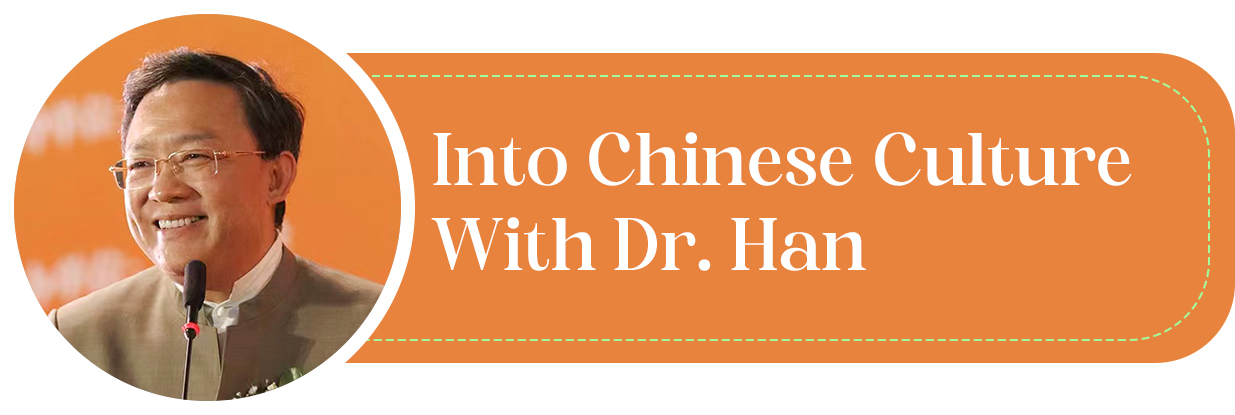Temperance
Writer: Han Wangxi | Editor: Zhang Chanwen | From: Shenzhen Daily

Today, let’s tell some short stories from “New Account of Tales of the World,” a collection of ancient anecdotes, short conversations and pithy observations on personalities. The ancients attached great importance to moral character, and the book addresses “moral character” in the first chapter. Let’s see how the literati of that time presented their conduct and deeds with their stories.
Wang Gong was the elder brother of Emperor Xiaowu’s queen and the uncle of Emperor An in the Eastern Jin Dynasty (317-420). One day, when he returned to the capital from Kuaiji City, someone came to visit him and saw him sitting on a bamboo mat that was six feet long. The person said to Wang: “Since you have just returned from the east, you must have brought back many such good things. Could you give me a bamboo mat to sit on?” Without saying anything, Wang gave the person his own bamboo mat.
Wang actually didn’t have another bamboo mat, so he instead sat on a straw mat. Later, when the person heard about this, he felt very embarrassed and surprised. He said, “I thought you had spare mats, which was why I asked you.” Wang replied, “You don’t know me. I, Wang Gong, have never kept anything extra in my possession.”
When Yin Zhongkan served as the inspector of Jingzhou, he experienced a flood and poor harvest. He often ate very frugal meals, having simple vegetarian dishes without any meat. If rice kernels fell on his mat during a meal, he would pick them up and eat them. His actions were not pretentious but stemmed from his simple character, a genuine expression of his true self.
He often admonished his children, saying, “Just because I hold an official position and serve as the inspector of Jingzhou, it doesn’t mean I can abandon my simple nature and pursue a luxurious life. In fact, I am still the same person that I was before.” He said, “Being content in a simple and humble life while finding joy in the pursuit of one’s ideals and values is the normal state for a scholar. How could people discard the fundamentals of being human simply because they hold official positions?”
Here’s a story about Guan Ning cutting the mat in “New Account of Tales of the World.” Guan and Hua Xin were cultivating the land and planting vegetables in a garden. They noticed a small piece of gold on the ground. Guan remained focused on the vegetables, showing no interest in the gold, while Hua eagerly picked it up, examined it from all angles, and eventually discarded it.
One day, they were sitting together on a mat, reading books when a high-ranking official wearing official garments passed by in his carriage. Guan, as usual, continued concentrating on his book, while Hua put down his book and went to see the spectacle. Guan then cut the mat and said, “Let’s sit separately! We have fundamentally different principles and goals in pursuing knowledge; we are unlikely to be friends.”
(The author is a cultural scholar.)
(Translated by Cao Zhen)